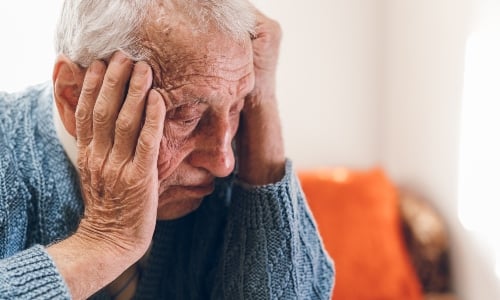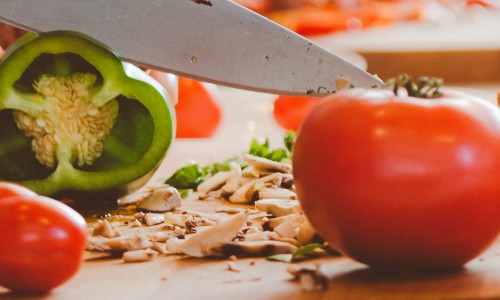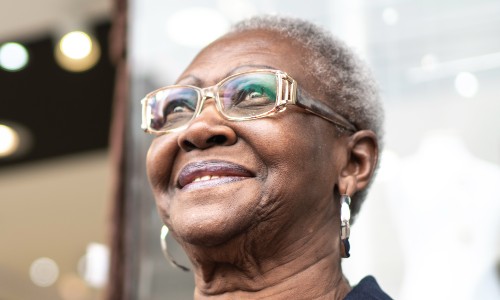This week is the first UK Malnutrition Awareness Week, a joint project from the Malnutrition Task Force and BAPEN, to raise awareness of the importance of keeping to a healthy weight and eating well in later life.
Food is vital for our health and wellbeing. But more than this, for many of us, food is one of the greatest joys in life. From memories of birthday cakes as a child, to meals shared with friends and families, food is something that we should continue to look forward to throughout life.
But unfortunately this isn’t always the case.
Although many of us believe that malnutrition, or undernutrition, has been confined to the history books, the reality is different. In the UK one in ten people over 65 – around one million altogether – are undernourished or at risk of undernourishment.
This means that they’re not eating well enough to maintain their health and wellbeing.
As well as making you feel unwell, being undernourished can slow down recovery from illness or surgery.
This Malnutrition Awareness Week, we want to bust the myth that getting thinner is a ‘normal’ part of ageing and encourage everyone to take unexplained weight loss in later life seriously.
Malnutrition Awareness Week
More information can be found on the Malnutrition Task Force website.
Getting thinner isn’t a normal part of ageing
Undernourishment often occurs because there is a perception that losing weight is ‘normal’ in later life and that being overweight is more of a concern. But this isn’t the case.
This misconception isn’t helped by public health messages that focus on reducing levels of obesity and are often confusing for older people at risk of malnutrition. We all know that obesity causes serious health consequences, but we also need to understand that there are consequences if we don’t eat enough.
Unfortunately, this means that many of us don’t worry about weight loss in later life or recognise the signs. This means that undernutrition can often go unnoticed until it starts to seriously undermine a person’s health and wellbeing.
But keeping to a healthy and stable weight is one of the most important ways to maintain health and wellbeing as we age.
What can you do?
This Malnutrition Awareness Week we’re calling on everyone to be aware of the importance of keeping to a healthy weight as we age, to recognise the signs of unexplained weight loss and to act.
With many of us believing that it’s normal to lose weight in later life, it can be easy for weight to drop off without noticing.
Keeping an eye on your weight is important but there are also more subtle signs to look out for. Loose fitting clothes, jewellery slipping off and tightening belt buckles an extra notch can all be signs of not eating enough.
Health and wellbeing are also indicators. Changes in mood, catching more colds or feeling more tired than usual can also be signs of weight loss. Depression, loneliness or experiencing a recent bereavement can also affect appetite and diet.
If you are concerned about weight loss in yourself or someone you care for, make an appointment to see your GP. They will be able to rule out any serious illnesses and refer you to a dietician if more specialist advice is needed.
There are also a number of small things you can do for yourself to increase appetite and food intake. Eating six small meals and snacks a day are as good as three main meals, and can sometimes feel more manageable. As you’re trying to put on weight, full fat foods like milk and yoghurt are the ones you should be opting for. And remember, it’s better to eat something than nothing at all – so think about your favourite foods and eat small portions of these.
More tips and advice can be found in the Malnutrition Task Force guides, available on their website, or in our healthy eating guide.
You can also try the BAPEN Malnutrition Self-Screening Tool. By entering your current weight and height, and your weight 6 months ago, this simple online tool can tell you if you are at risk of malnutrition.
Getting thinner is not a normal part of ageing. We all have a responsibility to look out for our family, friends and neighbours, to know the signs of unintentional weight loss, and how to act.
By knowing these important nuggets of information, we can go far in improving our health in later life.
Author
This article was written by Alice Roe, Health Influencing Officer at Age UK








